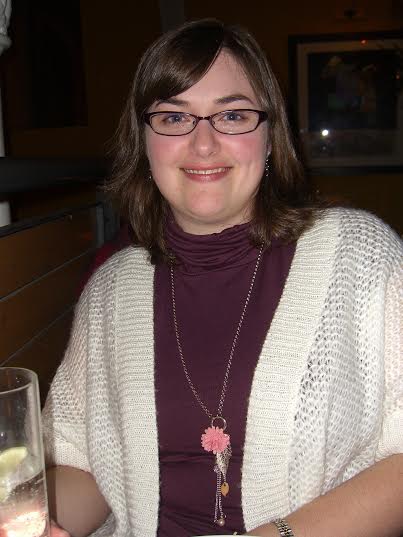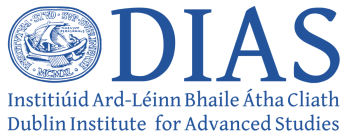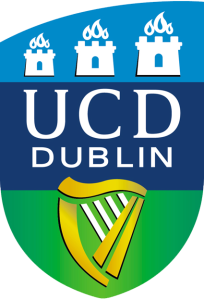Stephanie Mancini:
General Practitioner

Your name?
Dr. Stephanie Mancini
Your job title?
Medical Doctor – GP.
What are the main tasks and responsibilities?
I work in Primary Health Care as a General Practitioner/Family Doctor. I provide complete medical care to all people at all stages of their lives, including delivering babies, and care for the dying. Most of my work is in the GP Surgery, but I also work in the hospital and in remote areas of Canada.
How do you use mathematics within your job?
Maths are most commonly used for doses for kids and babies. It is crucial to make the right calculation for their medicines to make sure they aren’t getting too much or too little! Many medications for adults as well need to be calculated based on the persons body weight, or body surface area. In addition, when mixing up medication solutions for IV (intravenous) injections, I have to make sure I do the dilutions to get the correct amount of medicine in the right amount of fluid.
What type of mathematics for you use to solve problems?
Doses usually in milligrams per kilogram per 24 hrs (mg/kg/day) is the most common calculation that I have to do, nearly daily.
Dilutions for taking drugs in powder form and dissolving it into sterile water or saline to give a medication by IV. Most often this can be antibiotics, but many medications come like this in the hospital setting and have to be mixed up by Nurses & Doctors.
Part of being a Doctor is maintaining up-to-date knowledge of treatments and diseases, therefore I need to know how to analyse research papers. We have to understand common epidemiological data and basic statistics. Most commonly we would be interested in what’s called the “Number Needed to Treat” (NNT) or the Number Needed to Harm” (NNH) for new tests or medications that are developed. We also commonly see Odds Ratios (OR) and Relative Risk (RR) for risk factors that can cause diseases in our patients (e.g. cigarette smoking and lung cancer)
What aspects of the mathematics curriculum or mathematics courses have proven most useful to you?
Basic conversions/dilutions and being able to calculate the dose by weight/body surface area per day.
What is your education to date?
My undergraduate degree was a Bachelor of Science in Cell Biology and Genetics. This was a 4-year degree and the first two years included basic sciences and maths, including inorganic and organic chemistry, physics, calculus, statistics, and microbiology. In the 3rd and 4th years my courses were mostly focused on cell biology, developmental biology, embryology, genetics, virology, and bacteriology.
After my undergraduate degree, I did a research based Master of Science focusing on breast cancer. I became interested in studying cancer through one of my 3rd year genetics courses learning about how gene mutations can lead to tumours and diseases. This degree took me 3 years to complete.
I progressed to Medicine after graduate school, which is very common in Canada as we have 4-year medical programs that require at minimum an undergraduate degree to be completed. I ended up doing a 4-year program at the Royal College of Surgeons in Ireland to get my general medical degree. After that I did a 2-year Family Medicine Residency (GP training) back home in Canada.
What advice would you give to someone considering your job?
Medicine and health care can be a very rewarding career. Many people think that only extremely smart people can become doctors, nurses, surgeons, etc. My best advise is that anyone can do this job, it just requires dedication and hard work to learn the material and practice the art of medicine.
What do you find most interesting in your job and what do you find are the main challenges?
My favourite part of my job is delivering babies into the world. It is an absolute joy! My second favourite part is that I get to meet all sorts of different people. It is a privilege for me to be a part of their circle of care and help them in any way possible. It is also very satisfying to be able to treat a problem that someone has been having difficulty with and improving their quality of life. I love being constantly challenged in my knowledge and information on the best treatments for my patients.





